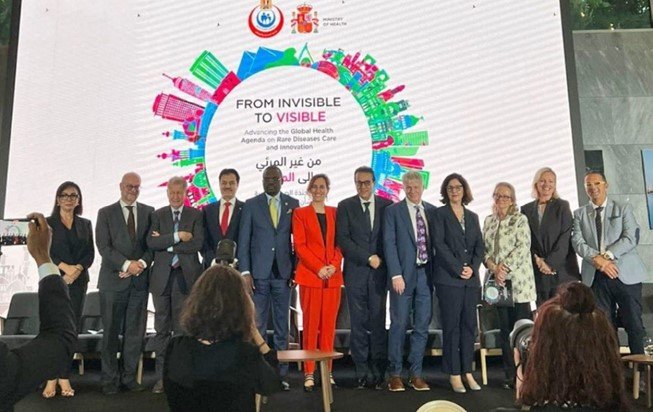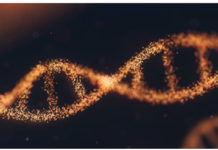
WORLD HEALTH ORGANIZATION APPROVES RESOLUTION ON RARE DISEASES, SPONSORED BY SPAIN
The World Health Assembly of the World Health Organization (WHO) has given the green light to the resolution ‘Rare diseases: a global health priority for equity and inclusion’.
The 78th World Health Assembly has adopted a landmark resolution declaring rare diseases a global public health priority, with the aim of promoting equity, inclusion and universal access to essential health services.
The resolution, co-sponsored by Spain and Egypt, highlights the urgency of addressing the challenges faced by more than 300 million people living with rare diseases worldwide and their caregivers.
According to the adopted text, WHO and Member States should work together to:
- Develop a comprehensive global action plan (2025-2028): WHO will develop, in consultation with Member States and relevant organizations, a ten-year global strategic plan to improve diagnosis, treatment, research and comprehensive care for rare diseases. The draft will be presented to the 81st World Health Assembly in 2028.
- Integration of rare diseases into national health systems: countries are urged to include these diseases in their public health policies, through national plans addressing prevention, early detection (such as neonatal screening), multidisciplinary care, rehabilitation and psychosocial support.
- Strengthening universal health coverage: the resolution focuses on equity in access to essential services and calls on states to expand health coverage to ensure timely diagnostics, affordable medicines and health technologies, without placing a financial burden on families.
- Promoting research and innovation: the need to increase public and private investment in research into rare diseases, many of which still lack effective treatment, is recognized. Partnerships between governments, scientific institutions, the private sector and patient organizations will be promoted.
- Health education and training: the resolution emphasizes the training of health professionals from the formative stages, in order to improve detection, the clinical approach and provide appropriate care for patients, thus avoiding erroneous or late diagnoses.
- Involvement of patients and civil organizations: the active inclusion of people living with rare diseases and their organizations in policymaking, health planning and service evaluation processes is encouraged to ensure a patient-centred approach.
- Data collection and creation of national and international registries: countries are encouraged to create or strengthen rare disease registries, and to adopt coding systems such as ICD-11 or Orphaned nomenclature, to improve statistical visibility and evidence-based decision-making.
- International cooperation and equitable access to treatment: cooperation between countries will be promoted to facilitate global access to effective, safe and affordable treatment, especially in regions with limited resources. The resolution also highlights the role of digital technologies, such as telemedicine, in bringing specialized care to remote areas.
Furthermore, the resolution underlines the need to actively include patient organizations and people living with rare diseases in decision-making processes, as well as to remove the social, economic and cultural barriers that still today hinder their access to fundamental rights such as health, education and employment.
The WHO will present an initial report on the implementation of this resolution in 2026, and a draft action plan in 2028, thus consolidating a new framework for global cooperation on these neglected diseases.






















